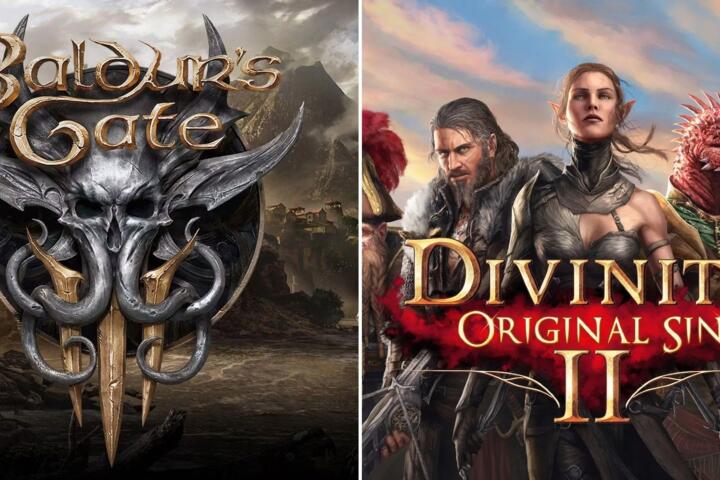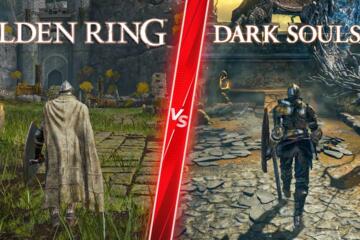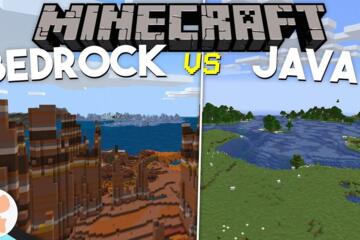Larian Studios has become a household name among RPG fans, delivering two of the most critically acclaimed titles in recent years: Divinity: Original Sin 2 and Baldur’s Gate 3. While both share a turn-based combat system and deep narrative design, they offer very different experiences under the hood. So which one should you play—or replay—in 2025? Let’s explore the differences across key elements.

1. Story and Setting
Divinity: Original Sin 2 takes place in the high-fantasy world of Rivellon, full of magical chaos and divine conflict. It’s rich in humor, lore, and freedom of choice, often leaning into wild and unexpected situations.
Baldur’s Gate 3, set in the iconic Dungeons & Dragons universe of the Forgotten Realms, offers a darker, more grounded world with serious tones, moral dilemmas, and political intrigue. Its narrative closely follows the D&D 5e rule set, delivering a more traditional fantasy RPG feel.
Winner: Depends on your taste. Divinity for playful freedom, Baldur’s Gate 3 for grounded, epic storytelling.
2. Combat and Systems
Both games feature turn-based combat, but their systems differ. Divinity: Original Sin 2 emphasizes environmental interaction—oil spills, electrified water, and terrain manipulation are core to battle strategy.
Baldur’s Gate 3 follows D&D mechanics, focusing on dice rolls, class abilities, and tactical positioning. It feels more like a digital tabletop game, with luck and creativity playing major roles.
Winner:
Divinity for sandbox-like experimentation, Baldur’s Gate 3 for faithful D&D tactics.
3. Roleplaying and Choices
Both games offer rich dialogue options and branching choices. In Divinity 2, you can play as an origin character or a custom one, with personalized questlines and voice acting.
Baldur’s Gate 3 expands on this with cinematic dialogue, deeper party dynamics, and more reactive storytelling based on your race, class, and past decisions.
Winner:
Baldur’s Gate 3, for more immersive and personalized roleplaying.
4. Co-op and Replayability
Both titles support cooperative play, and each encourages multiple playthroughs due to branching paths and different party combinations. However, Divinity: Original Sin 2 offers slightly more replay value thanks to its sandbox nature and flexible quest design.
Winner:
Divinity: Original Sin 2, for more experimentation and freedom in co-op scenarios.
Conclusion
Both Baldur’s Gate 3 and Divinity: Original Sin 2 are masterful RPGs, and choosing between them depends on what you value more. If you want a tightly woven, cinematic D&D adventure with weighty choices and tactical combat, Baldur’s Gate 3 is the clear choice. If you prefer a playful, open-ended world full of creative combat and absurd possibilities, Divinity: Original Sin 2 still reigns supreme. Either way, you're in for an unforgettable role-playing experience.





